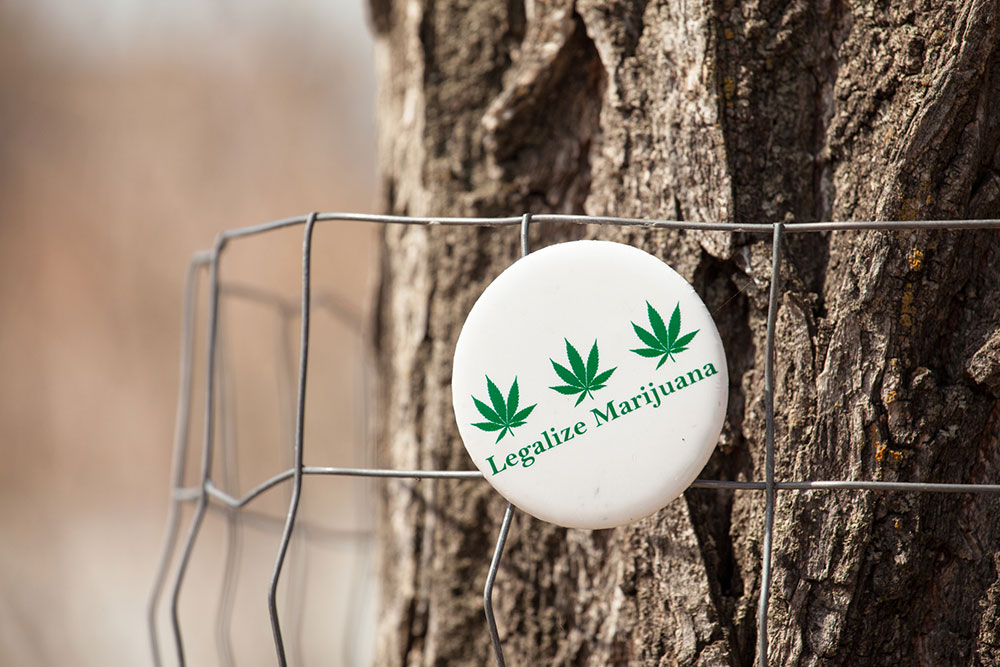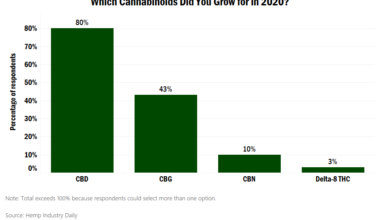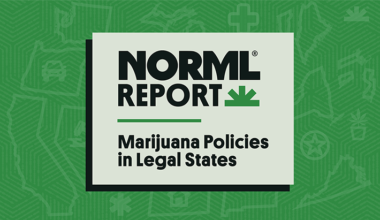
The percentage of Americans who believe that “the use of marijuana should be legal,” remains at a record high, according to nationwide polling data reported today by Gallup.
Sixty-eight percent of respondents endorse legalization — the same level of support reported by Gallup last year. That ties the highest percentage of support ever reported in a national Gallup poll. “As was the case in 2020, solid majorities of U.S. adults in all major subgroups by gender, age, income and education support legalizing marijuana,” Gallup pollsters determined.
“There is no buyer’s remorse on the part of the American people. In the era of state-level legalization, voters’ support for this issue has grown rapidly — an indication that these policy changes have been successful and are comporting with voters’ desires and expectations.” NORML’s Executive Director Erik Altieri said. “Today, voters of every age and in virtually every region of the country agree that marijuana should be legal. We have a mandate from the American people and we intend to make sure that elected officials abide by it.”
In 1969, when Gallup first began surveying the question, only twelve percent of Americans backed marijuana legalization. In 1996, when California voters became the first state in the nation to legalize cannabis for medical use, 25 percent of Americans said that marijuana should be legal for those ages 21 and older. Since 2012, when Colorado and Washington became the first two states to legalize marijuana for adults, public support for legalization has risen nationally some 20 percentage points. Legalization has enjoyed majority support among Americans since 2013.
Consistent with previous polls, Gallup reported that most Democrats (83 percent) and political independents (71 percent) support marijuana legalization. By contrast, Republicans are nearly evenly split on the question (50 percent in favor; 49 percent opposed).
Additional information on Americans’ attitudes toward legalization is available from NORML here.
Related
Medical Disclaimer:
The information provided in these blog posts is intended for general informational and educational purposes only. It is not a substitute for professional medical advice, diagnosis, or treatment. Always seek the advice of your physician or other qualified healthcare provider with any questions you may have regarding a medical condition. The use of any information provided in these blog posts is solely at your own risk. The authors and the website do not recommend or endorse any specific products, treatments, or procedures mentioned. Reliance on any information in these blog posts is solely at your own discretion.






